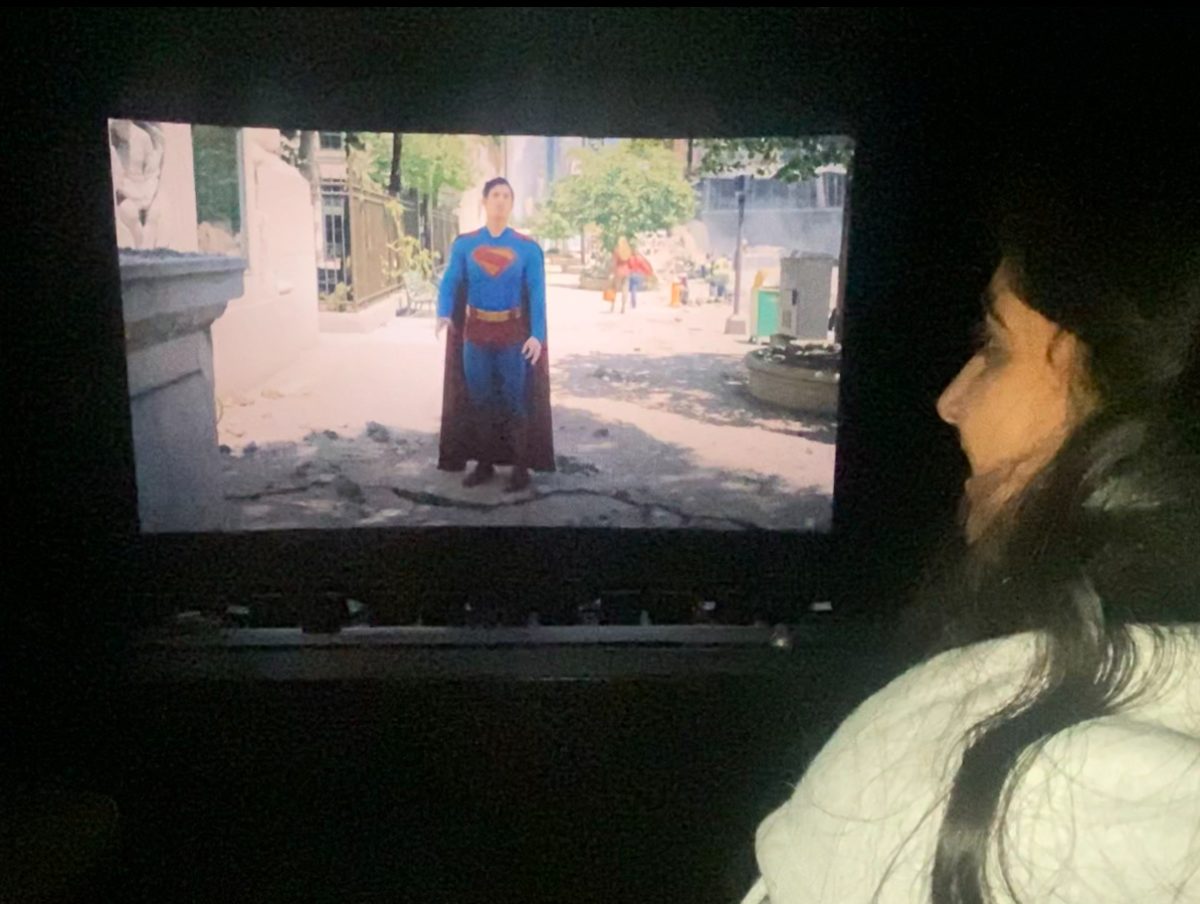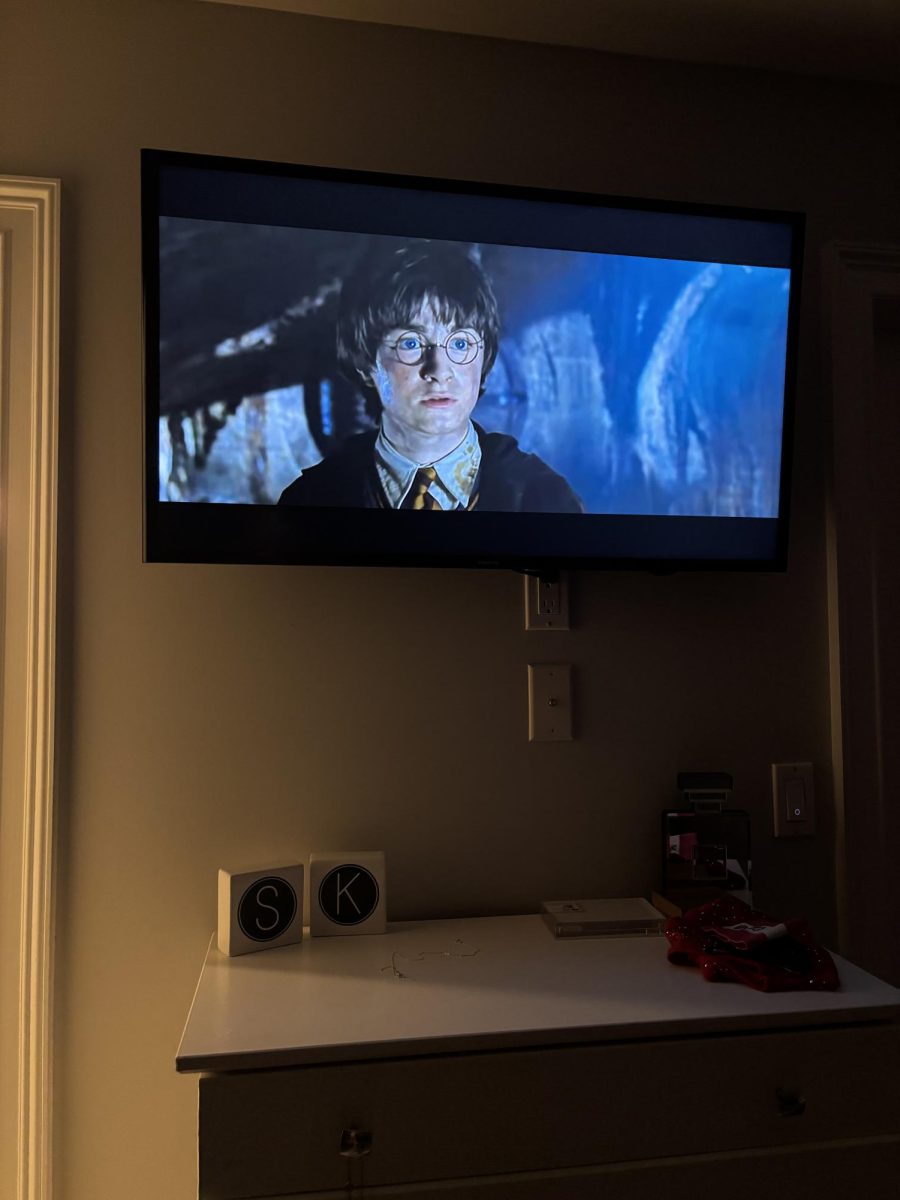The Good Liar, Nicholas Searle’s 2015 debut novel, is really quite boring, until it’s good. The characters are dislikable enough for the first hundred pages without plot to be bearable. For that first third, I struggled to understand why two separate blurbs on the cover call the novel a “thriller.”
The novel follows conman septuagenarian Roy Courtnay in his exploit to pull off one last trick, snaking away the fortune of a widow, and he finds the perfect victim: Betty, tolerably intelligent to not be boring and decently wealthy to be worth it.
Throughout this narrative, we look into Roy’s past, discovering what has led him to Betty, and indeed what has led her to him. Dispersed in the geriatric dating timeline are vignettes from Roy’s life, backing up in time all the way to his childhood, slowly revealing each layer of identity theft, cons, and coverups. The making of the con man is certainly interesting, and that’s when the novel starts to become enjoyable.
As we learn more about Roy and Betty, The Good Liar builds into more than just a book about a conman, but about the mortal need for retribution and self-assurance. The plot twists are sufficiently unpredictable and are present in both timelines, important to keeping us engrossed in each.
As for last issue’s book, Caging Skies by Christine Leunens, the movie adaptation Jojo Rabbit, doesn’t stick to each page, and is far better off that way. One benefit of the movie medium is that we are released from the constraint of Johannes Beltzer’s first person narration. We see several scenes between Elsa, the Jewish girl in hiding, and Rosie Betlzer, Jojo’s mother, who in an especially tender moment says “You’ve lived more lifetimes than most” to which Elsa replies “I haven’t lived at all.”
Director Taika Waititi does a good job of using all the extra dimensions afforded to him by the theater. From the beginning we are treated to “I Want to Hold Your Hand” in German as a background track to Johannes running through the streets of poor Vienna shouting “Heil Hitler.”
There are also, unlike in the original, a couple of strong female role models, both in the Hitler Youth camp and in the Resistance. Rebel Wilson and Scarlett Johansson serve as strong comedic characters who find the light in their respective situations.
There is less of Taika Waititi’s Adolf Hitler imaginary best friend than might have been expected, but the externalization of Johannes’s extremist and anti-Semitic tendencies into a character, especially Waititi’s silly and frivolous depiction, emphasizes the absurdity of the whole thing. When finally Johannes learns and kicks the image of Hitler out of his window, it’s funny and final, the moment the theater was holding its breath for: When does the good side win?
Waititi has taken Caging Skies and distilled the decades-long distorted love story into a happy package of the Nazis losing, the Jewish girl escaping, and the boy faced with her suffering learning to tell the truth. It’s just been transformed into something more palatable for movie audiences. Jojo’s deception that Germany has won the war lasts not decades, but minutes. The book is more complicated, and the good side doesn’t necessarily win, but that’s not what we want in the theater.







![Junior Grace Song rewatches the trailer for Anora. Promoted as "A Love Story from Sean Baker," it is the eighth feature film under Baker's belt starring Mikey Madison in the titular role. "[Anora] accurately represents women overseen and easily taken advantage of. It emotionally enticed me. The ending is so good," Song said.](https://woottoncommonsense.com/wp-content/uploads/2024/11/Rc5RQTdjtUFtyT7IyQe1rSxkpOTc6NoksY8jtoop-e1732201365565-1200x900.jpg)





